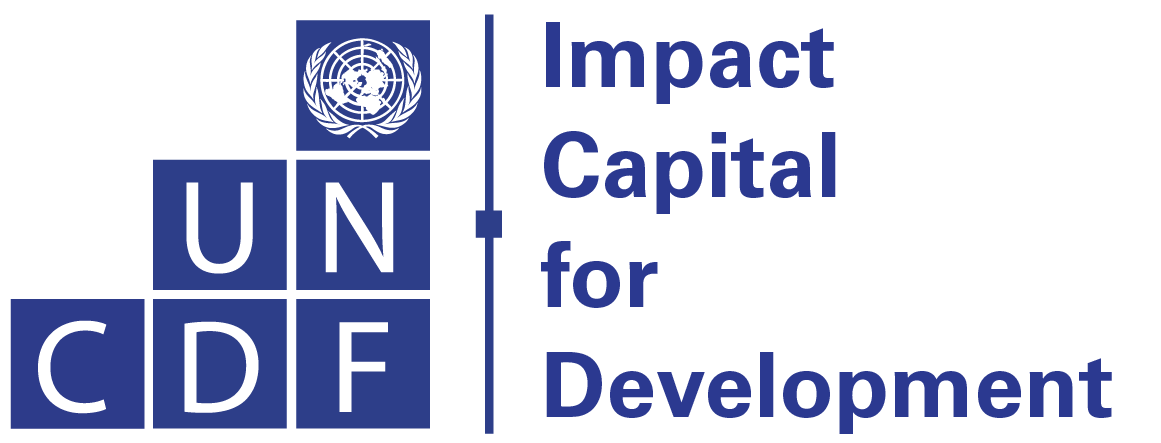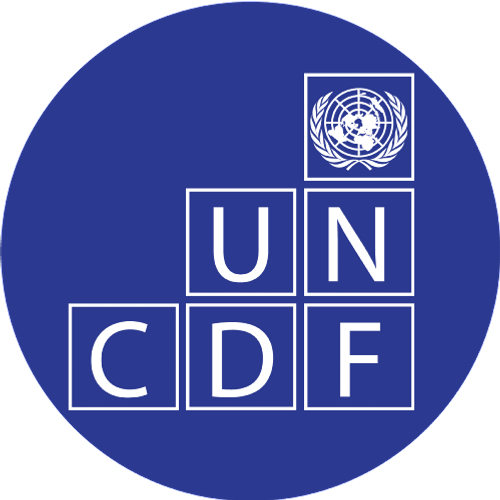Episode 12
#12 Why Local Government Finance is Essential to the COVID-19 Response
Local governments have been on the frontlines when it comes to the COVID-19 response, in large part because of their competencies--citizen engagement, management of public space and service delivery. But for local governments in the world's least developed countries, their ability to execute an effective response is undermined by a lack of funding, considering many local governments lack the authority to tax or access capital markets. What measures can local governments deploy to address these finance challenges, which can be deployed in days or weeks instead of months?
We spoke with two thought leaders and practice leaders--David Jackson and Tehmina Akhtar, Director and Deputy Director of UNCDF's Local Development Finance Practice--to get their insights and recommendations for how local governments can address these finance challenges to support and strengthen their COVID-19 responses. These recommendations are also included in a publication UNCDF has released this week.
This is a special co-podcast of Capital Musings and Capital Locast.


